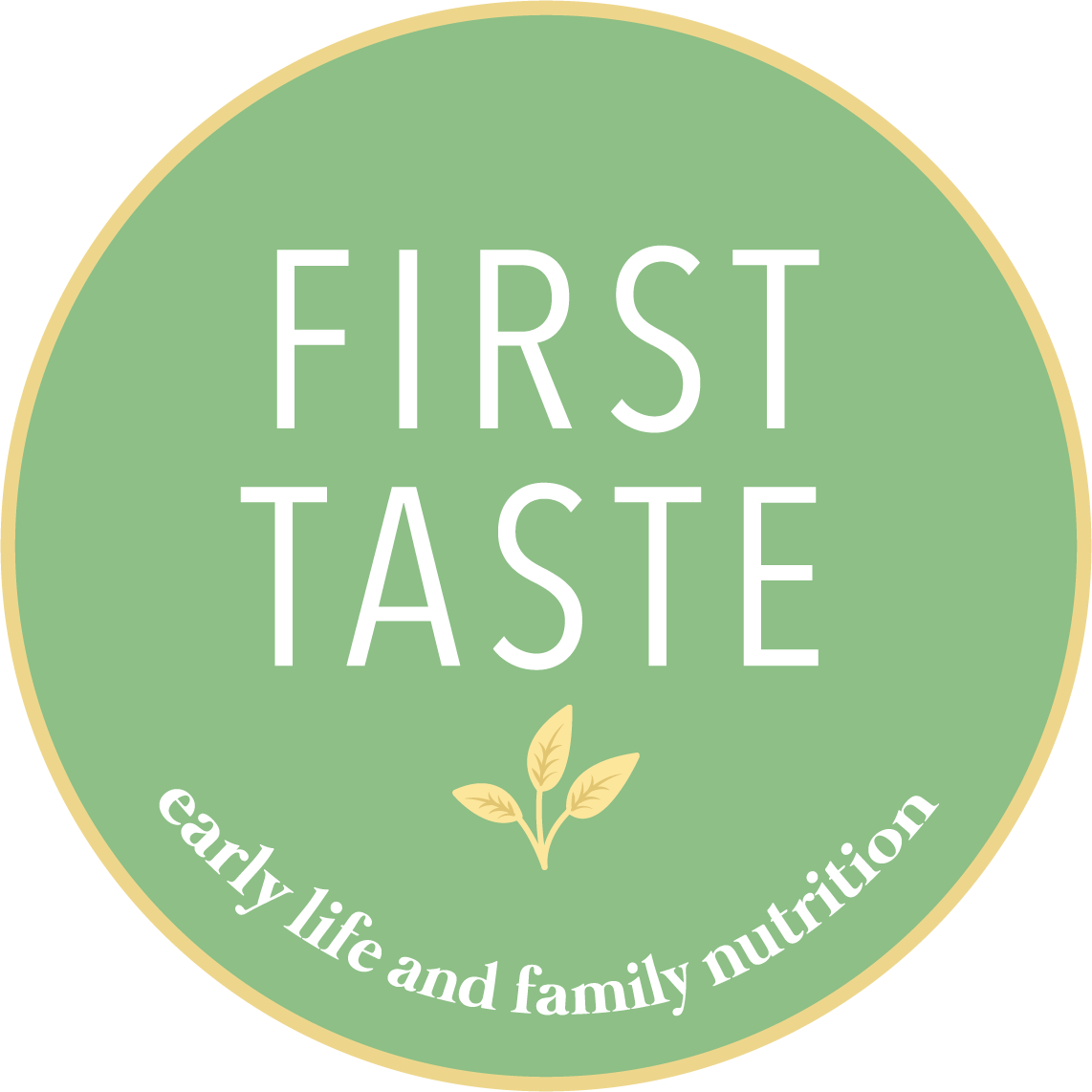What’s Safe to Eat During Pregnancy?
Let’s dive into a topic that is on the mind of every expectant mother: what foods are safe to eat?
Did you know nearly every woman I work with has no idea what foods to avoid, and which are ok to eat during pregnancy? That’s because there is so much information out there, and it’s always changing.
I recently did an IGTV answering FAQs and discussing Listeria a bit more in depth. Check it out HERE.
This is a HUGE topic so I want to break it down into 3 main things to focus on when choosing foods to eat in pregnancy.
First, some key points about Listeria
Listeria is a bacteria found naturally in the environment that when present in high doses in foods cause an infection, listeriosis.
Listerosis is extremely RARE! However 1 in 10 cases are in pregnant women and 1 in 5 cases are fatal.
Many foods have Listeria at a low dose that does not affect anyone.
So, in order to reduce risk without cutting out way too many foods, here is what I want you to focus on.
Handle Your Foods Safely
Proper food handling is the most important and effective way to prevent foodborne illness during pregnancy. Here are some key practices to follow:
Wash Fruits and Vegetables: Clean all fruits and vegetables under running water.
Buy Whole and Prepare at Home: Purchase whole fruits and vegetables, then wash and chop them yourself at home. Canned and frozen options are also good choices for pregnant women.
Choose Pasteurized Products: Opt for pasteurized juices and dairy products to avoid potential contamination and ensure pregnancy safety.
Cook Thoroughly: Always cook meat, seafood, and eggs to safe temperatures instead of consuming them raw. This reduces the risk of harmful bacteria.
Reheat Leftovers: Reheat leftovers until steaming hot and consume them within two days to prevent foodborne illnesses.
Know the High-Risk Foods
Certain foods have been linked to multiple cases of foodborne illness. While some people might eat these foods without issue, pregnancy is a time to be extra cautious.
Pâté and Lunch Meats
Soft Cheeses
Ready-to-Eat Foods: Pre-prepared salads and deli items, Foods processed on a slicer, chopped or shredded
Raw Seafood
Refrigeration-Dependent Foods: Foods that require refrigeration for safety, such as certain dips or drinks that have not been treated with pasteurization or other preservation techniques.
These high-risk foods often contain listeria, which is usually present in amounts too small to harm most people. To reduce risk of listeria in any of these high risk foods, keep your food cold (below 5 degrees Celsius/40 degrees Fahrenheit) and consume within a short period of time.
Stay Informed
Stay up to date with recent outbreaks and recalls by following reliable sources like the CDC and NSW Food Authority. This will help you avoid purchasing contaminated food and keep you informed about food safety issues during pregnancy.
One last note!
The risk of acquiring Listeriosis is low and the benefits from enjoying a balanced, health diet outweigh the risks.
Try to make sensible informed choices but don’t stress.
Most important thing for a developing baby is to eat a balanced, healthy diet
In my program THE FIRST TASTE BABY BLUEPRINT we go through exactly how to choose safe food and beverages through 3 in-depth lessons.

